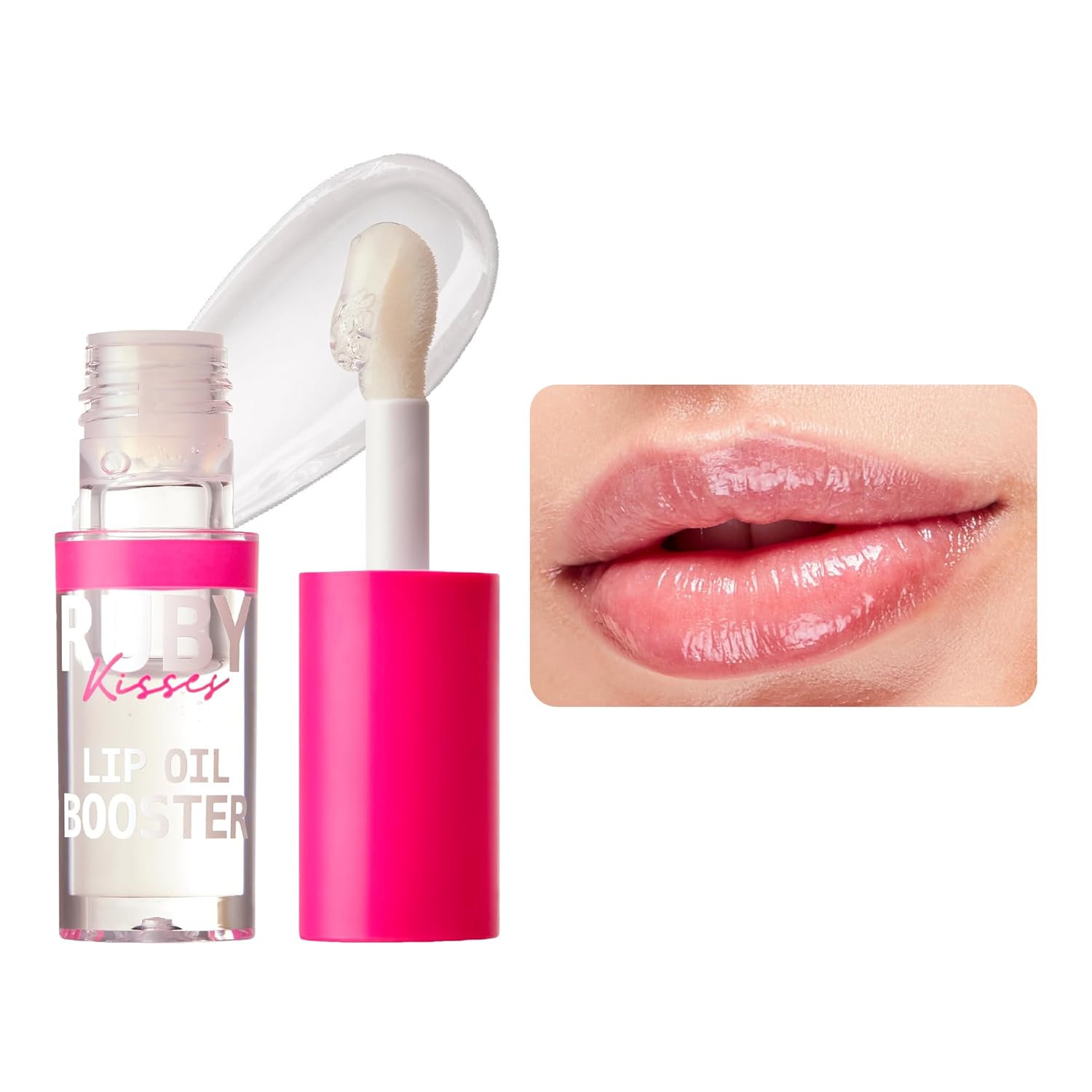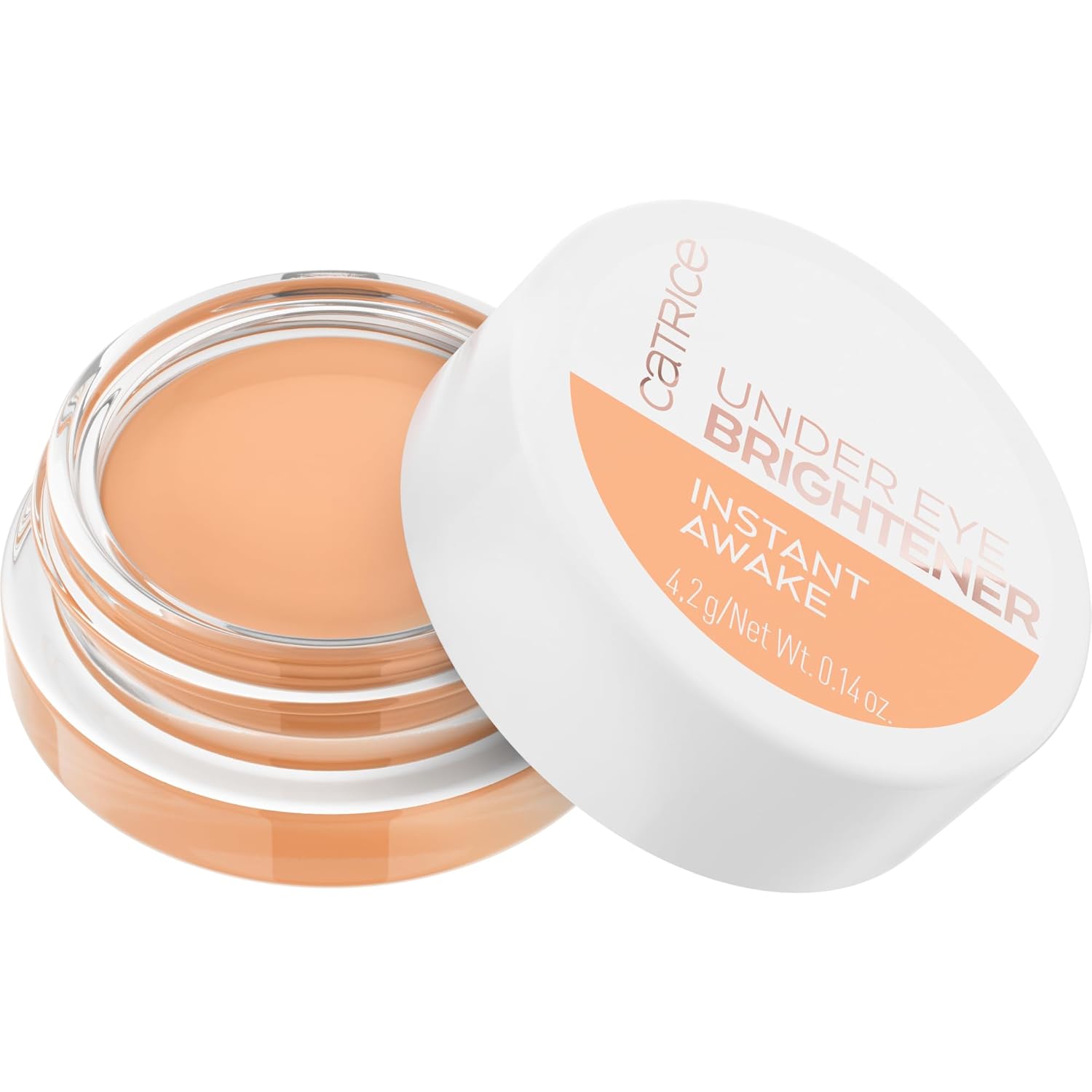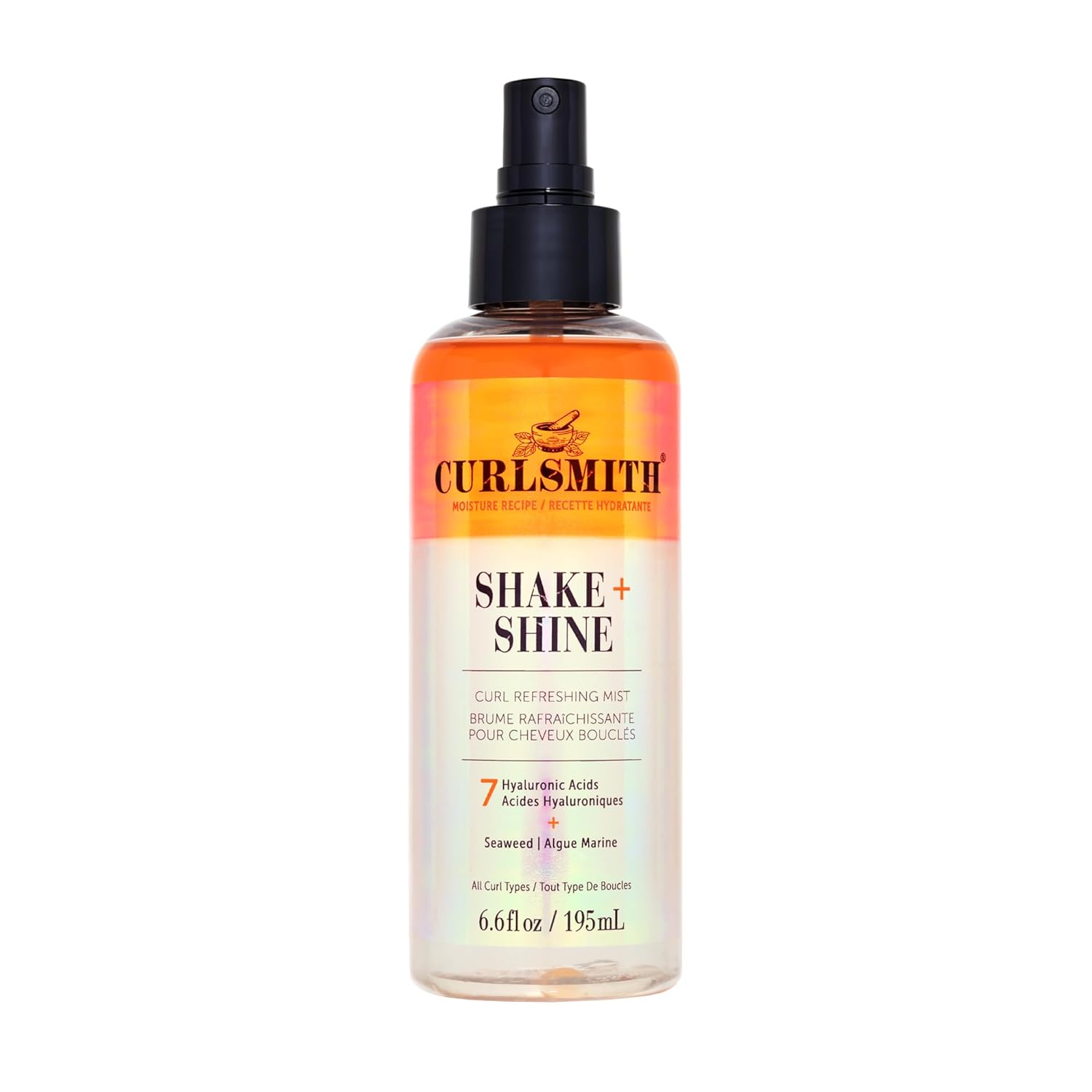
Last week, the natural hair community was rocked by the news that Sundial Brands, best known for SheaMoisture – the superstar brand that has taken the industry by storm, had brought Bain Capital in as a minority, non-controlling investor in the company.
Social media went crazy!
Did Mitt Romney – former Chairman and President of Bain Capital – buy the company?
Will the product formulations change?
Will the prices go up?
Was SheaMoisture going to abandon its African-American customers?
“WHY?????!!!!! ” – posted one SheaMoisture fan on Lipstickalley.com in response to the news.
We thought it best to take these questions directly to Sundial Brands CEO and founder, Richelieu Dennis. He candidly discussed the partnership with us – what it means for the company and for its customers. And perhaps more importantly, what it doesn’t mean.
Richelieu shared with NaturallyCurly that the Bain investment was driven by the company’s desire to stay competitive, providing it with the resources necessary to provide additional infrastructure to further expand. He said the partnership would enhance Sundial’s social entrepreneurship model, support its multi-brand strategy and enable it to invest in like-minded brands and entrepreneurs.
“Quite simply, we want to be better so that we can serve our communities better, period,” said Richelieu.
Watch the interview
Here are several key take-aways from our conversation with Rich:
1. Bain Capital did not acquire Sundial Brands.
Bain Capital did not acquire Sundial Brands. Bain is a minority investor. Richelieu will continue to provide the vision and leadership for the company, and Sundial will remain majority, family owned and operated, including its board, management and day-to-day operations. “The family remains truly the majority and truly in control of the business. For us, that is important because our consumers are the most important things to us – always have been.”
Richelieu said the reason they chose to partner with Bain was because of their social mission platform. Bain’s other investments include TOMS shoes, which provides shoes, water, medical treatment and bullying prevention services to people in need.
“We wanted to make sure we had a partner that knew our social mission was part of our business model and that has a proven track record of supporting mission driven businesses over and beyond just it as a marketing tool, but really as a business model,” he says.
As for Mitt Romney’s involvement in Bain, he left the investment firm 16 years ago.
2. Formulas and prices won’t change.
SheaMoisture and Nubian Heritage’s product formulations and prices won’t change. In fact, Richelieu stressed that it was key to him that any investment, regardless of the partner, not impact “the integrity of the company’s products, formulations or vision.”
SheaMoisture and Nubian Heritage’s product formulations and prices won’t change.
3. Sundial is not abandoning its core African-American customer base.
The company has been criticized by some customers for expanding its marketing to address a diverse range of customers. Richelieu stresses, “we recognize that African-American women have long been at the forefront of the natural hair and body movement that has created the dynamic cultural shift that we see today. It is exciting for us to see how Naturalistas have now empowered women from all backgrounds to embrace their natural beauty.”With Bain’s support, Richelieu said Sundial is committed to elevating and growing the “New General Market,” which he defines as a consolidation of cultures, ethnicities and demographics aligned with commonalities, needs and lifestyles. “I’ve always said that the only place in America where segregation is still legal is in the beauty aisle,” he says. “I’ve worked to change that with our introduction of the New General Market concept to beauty and retail.”
4. Sundial plans to be the acquirer – not the acquired.
Part of the company’s strategy is to invest in other minority-owned or under-resourced businesses. “We are thrilled to now be positioned to continue our identification, support and development – whether via acquisition or other investments – of other entrepreneurial brands that share our vision and values,” he says.
Richelieu started Sundial Brands in 1992 with his college roommate, Nyema Tubman, and his mother, Mary Dennis, shortly after graduating from college and being unable to return to his home country of Liberia because of civil war. From its humble beginnings of selling products on the streets of New York City to distribution and co-creation of its flagship brands – including SheaMoisture and Nubian Heritage – Sundial Brands has become a major household name. Most recently, Sundial Brands was named to the Inc. 5000 list of the fastest-growing private companies in the United States. The company celebrates its 25th year in business next year.
The investment in Sundial Brands by Bain Capital is the latest in a series of newsworthy deals in the hair care category.
As fellow pioneers in this industry we look forward to seeing what the next chapter brings for Richelieu and the Sundial team.

















